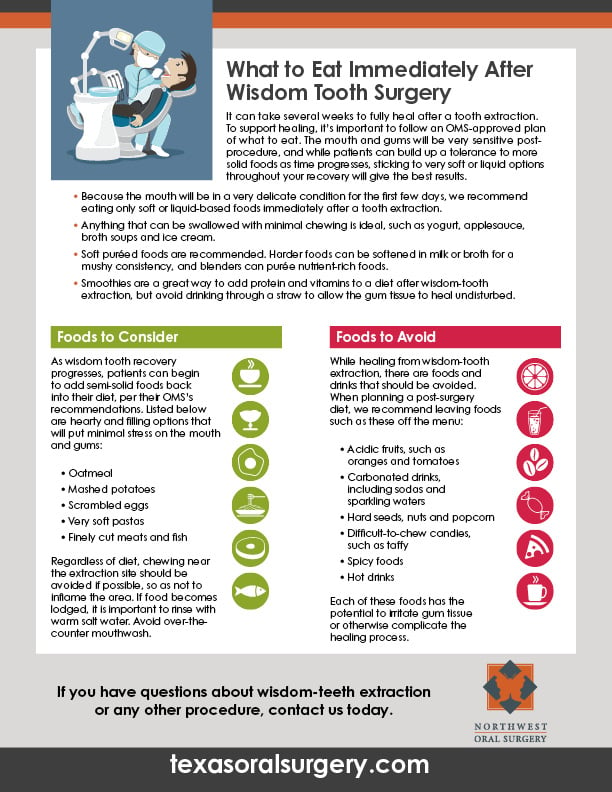Discover the surprising advantages of wisdom tooth removal in our ultimate guide to improving your overall oral health today!

Image courtesy of Gustavo Fring via Pexels
Table of Contents
Wisdom teeth, also known as third molars, are the last set of teeth to emerge in the back of the mouth. While some people have no issues with their wisdom teeth, others may experience problems such as impaction, crowding, infection, or pain. In such cases, wisdom tooth removal may be recommended by a dentist or oral surgeon.
Why Remove Wisdom Teeth?
1. Impaction: When there is not enough space in the mouth for the wisdom teeth to fully emerge, they can become impacted. This can lead to pain, infection, and damage to surrounding teeth.
2. Crowding: Wisdom teeth can cause crowding and misalignment of the other teeth, leading to issues with bite and alignment.
3. Infection: Wisdom teeth that are partially emerged are more susceptible to decay and infection. This can lead to gum problems and even cysts or tumors in severe cases.
4. Pain: Many people experience pain and discomfort when their wisdom teeth are coming in. This can affect eating, speaking, and overall quality of life.
The Removal Process
Wisdom tooth removal is typically performed by a dentist or oral surgeon. The procedure is usually done under local or general anesthesia, depending on the complexity of the case. The dentist will make an incision in the gum tissue, remove the tooth, and clean the area thoroughly to prevent infection.
After the procedure, patients may experience some swelling, pain, or bleeding. It is important to follow the post-operative instructions given by the dentist to promote healing and prevent complications.
Benefits of Wisdom Tooth Removal
1. Prevention of Future Problems: By removing impacted or problematic wisdom teeth, you can prevent future issues such as infection, crowding, and misalignment of teeth.

Image courtesy of blog.texasoralsurgery.com via Google Images
2. Pain Relief: Wisdom tooth removal can provide relief from pain and discomfort caused by the eruption or impaction of these teeth.
3. Improved Oral Health: Removing wisdom teeth can improve overall oral health by preventing decay, infection, and gum disease in the affected area.
Recovery and Aftercare
After wisdom tooth removal, it is important to follow the dentist’s instructions for proper healing and recovery. This may include taking prescribed medications, eating soft foods, avoiding strenuous activities, and practicing good oral hygiene.
| Benefit | Description |
|---|---|
| Prevents overcrowding | Removing wisdom teeth can prevent overcrowding in the mouth, which can cause misalignment of teeth and potential bite issues. |
| Prevents infection | Wisdom teeth can be hard to clean properly, leading to a higher risk of infection and gum disease if left untreated. Removing them reduces this risk. |
| Prevents cysts and tumors | Wisdom teeth can sometimes develop cysts or tumors, which can cause damage to the surrounding teeth and jawbone. Removing them eliminates this risk. |
| Reduces pain and discomfort | Wisdom teeth can cause pain, discomfort, and swelling as they erupt. Removing them can alleviate these symptoms and improve overall oral health. |
| Improves oral hygiene | With fewer teeth in the mouth, it becomes easier to clean and maintain good oral hygiene, reducing the risk of cavities and dental issues. |
It is normal to experience some swelling, pain, and discomfort for a few days after the procedure. Applying ice packs, taking pain medication as prescribed, and getting plenty of rest can help alleviate these symptoms.
Conclusion
While not everyone may require wisdom tooth removal, for those experiencing issues with their wisdom teeth, the benefits of removal can outweigh the temporary discomfort of the procedure. If you are experiencing pain, swelling, or infection related to your wisdom teeth, it is best to consult with a dentist or oral surgeon to discuss the best course of action for your oral health.
FAQs
Will removing my wisdom teeth be painful?
While it is normal to experience some discomfort and swelling after wisdom tooth removal, the procedure itself is done under anesthesia to minimize pain during the process.
How long does it take to recover from wisdom tooth removal?
Recovery time can vary, but most people can expect to feel back to normal within a few days to a week after the procedure, following proper post-operative care instructions.
Are there any risks associated with wisdom tooth removal?
Although rare, complications such as infection, nerve damage, or excessive bleeding can occur after wisdom tooth removal. It is crucial to follow the dentist’s guidelines for a smooth recovery.
Is wisdom tooth removal necessary for everyone?
Not everyone needs their wisdom teeth removed. It depends on individual circumstances such as the presence of pain, infection, crowding, or potential future problems. Consulting with a dental professional can help determine if removal is necessary for your oral health.
Powered by Texta.ai Blog Automation






